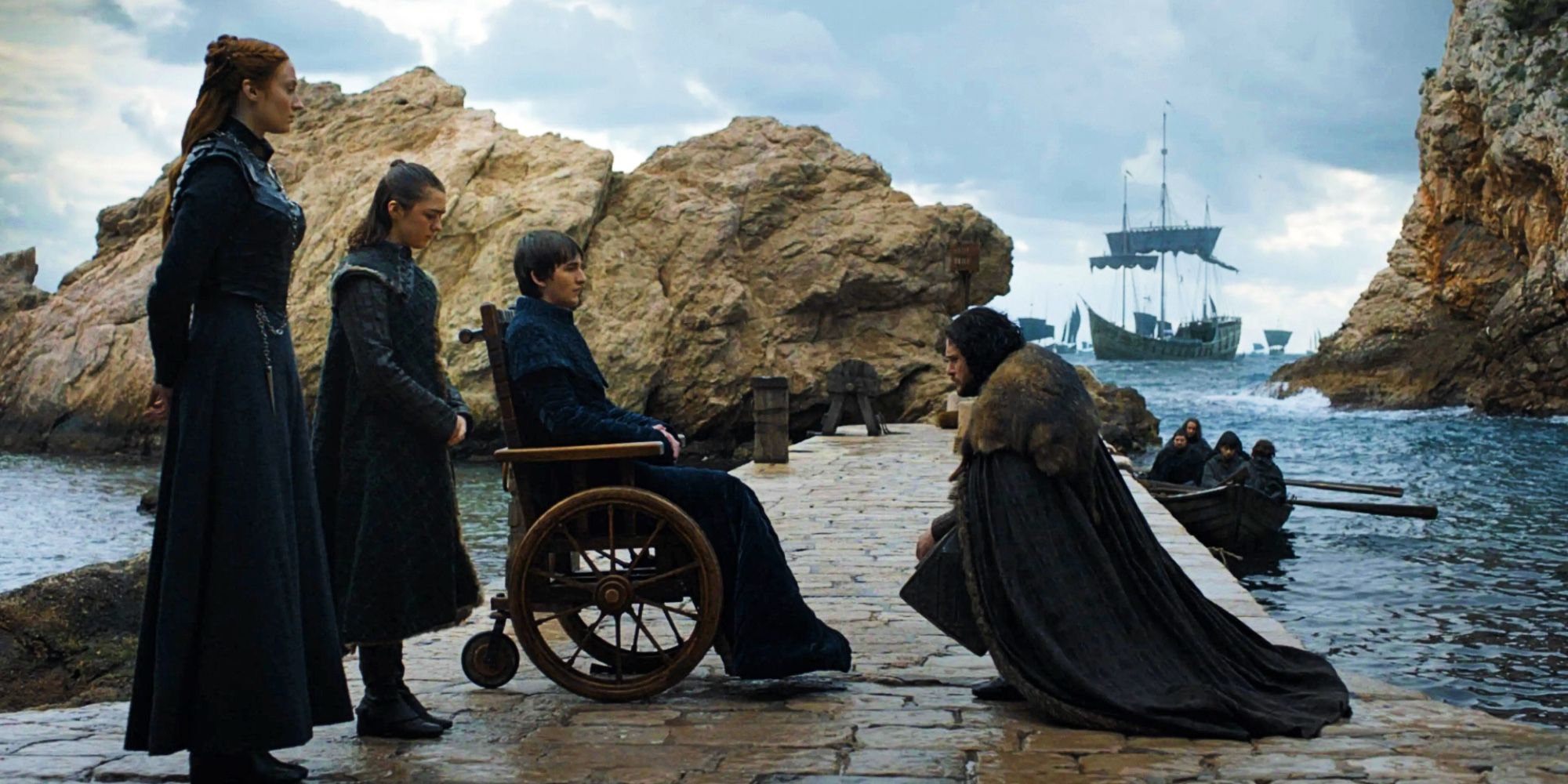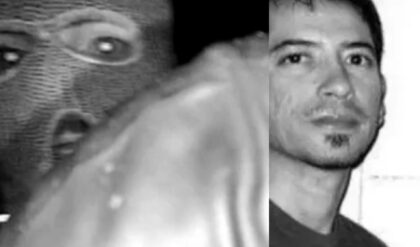
Remove Ads
The Game of Thrones ending is widely known for being one of the most divisive in television history, with the fate of the Night King, Daenerys Targaryen, and the Iron Throne being the most common discussion topics. Bran Stark had a long and perilous journey in Game of Thrones, but he wasn’t a fan-favorite character by season 8. His journey beyond the Wall drove out much of the humanity that initially made his character so charming, and though it was a purposeful choice for his arc, it made the ending less effective.
How Brân The Blessed & The Fisher King Foreshadowed King Bran
Martin Is Notably Inspired By Real-World History & Mythology
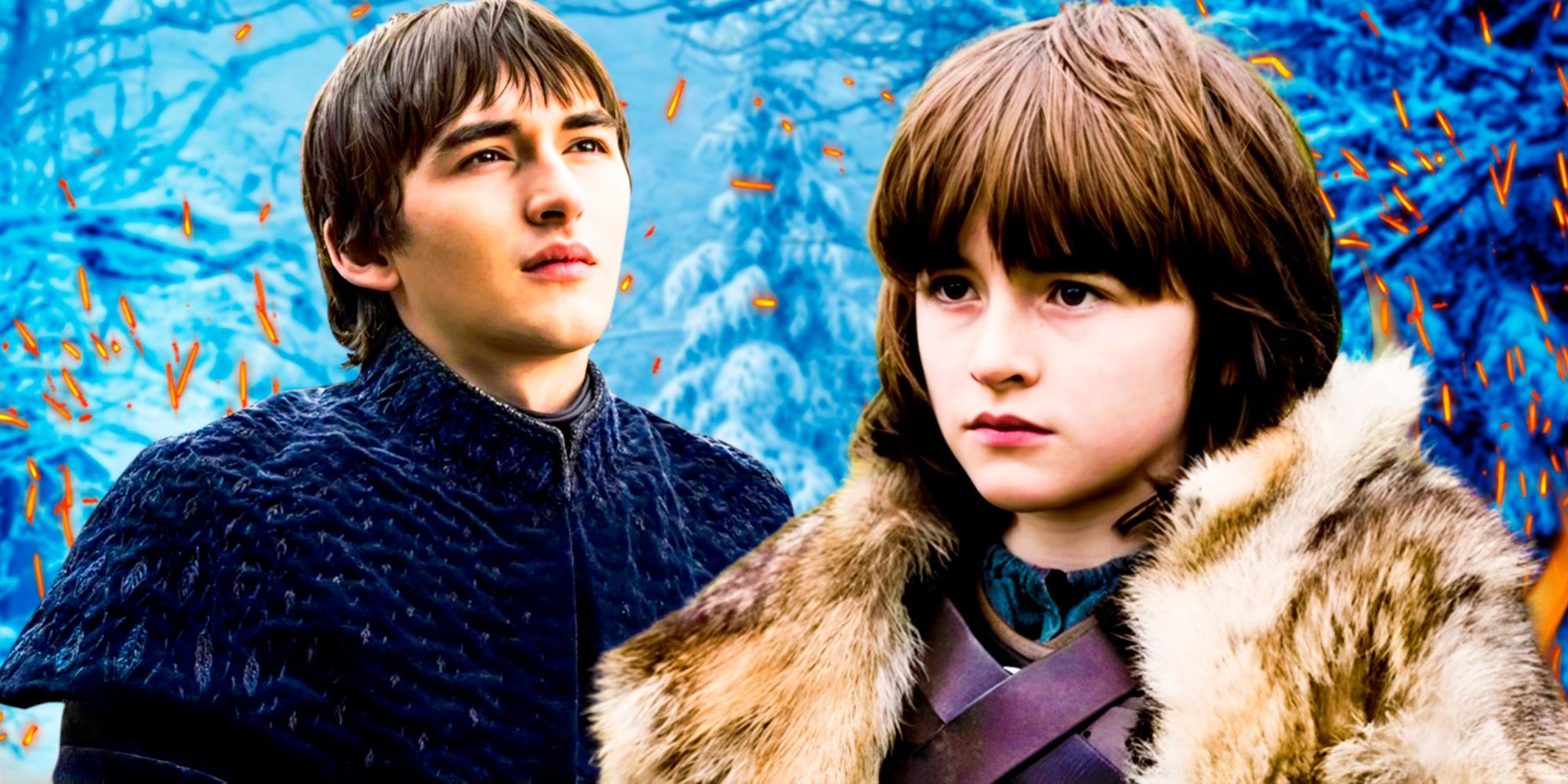
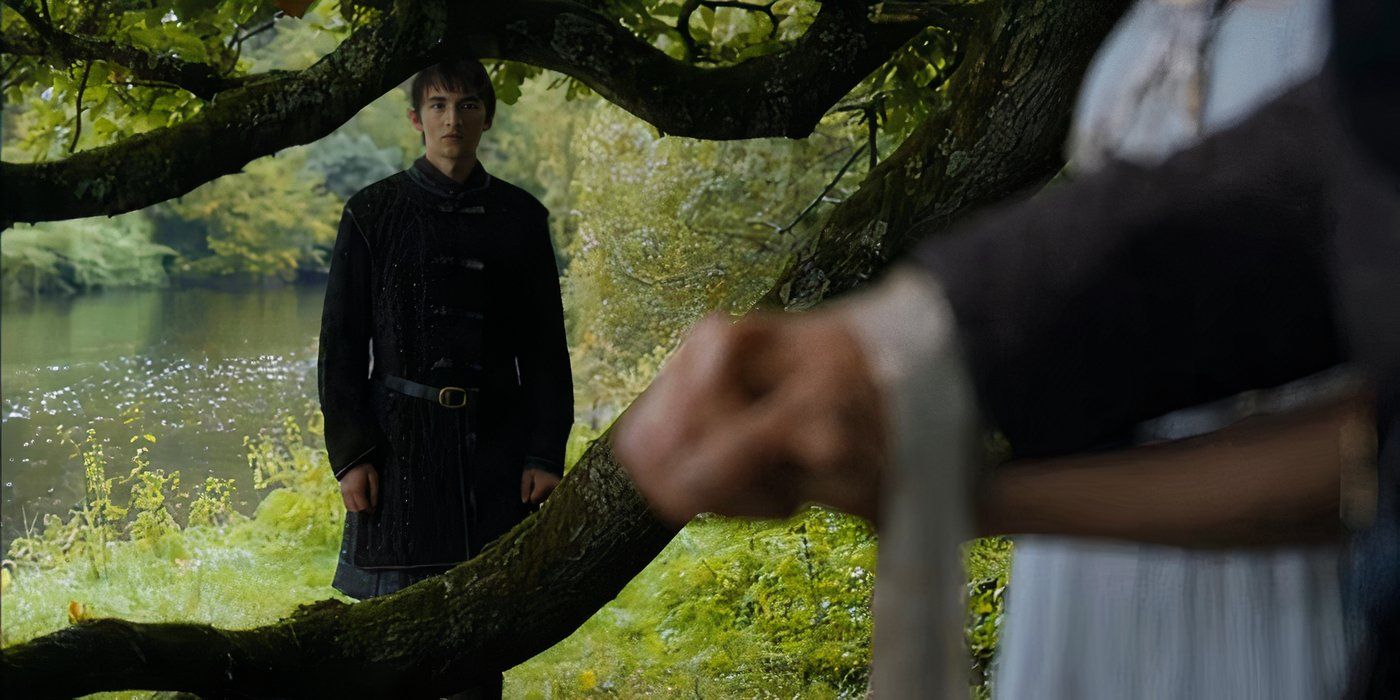
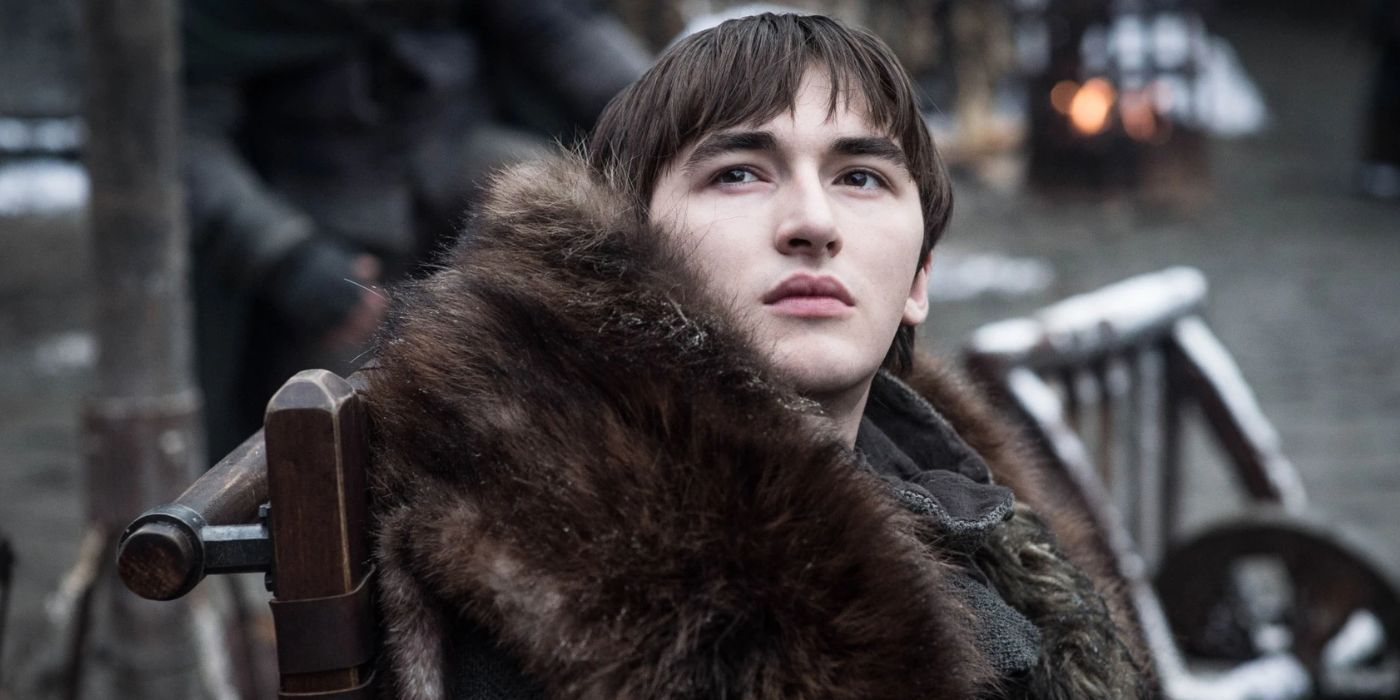
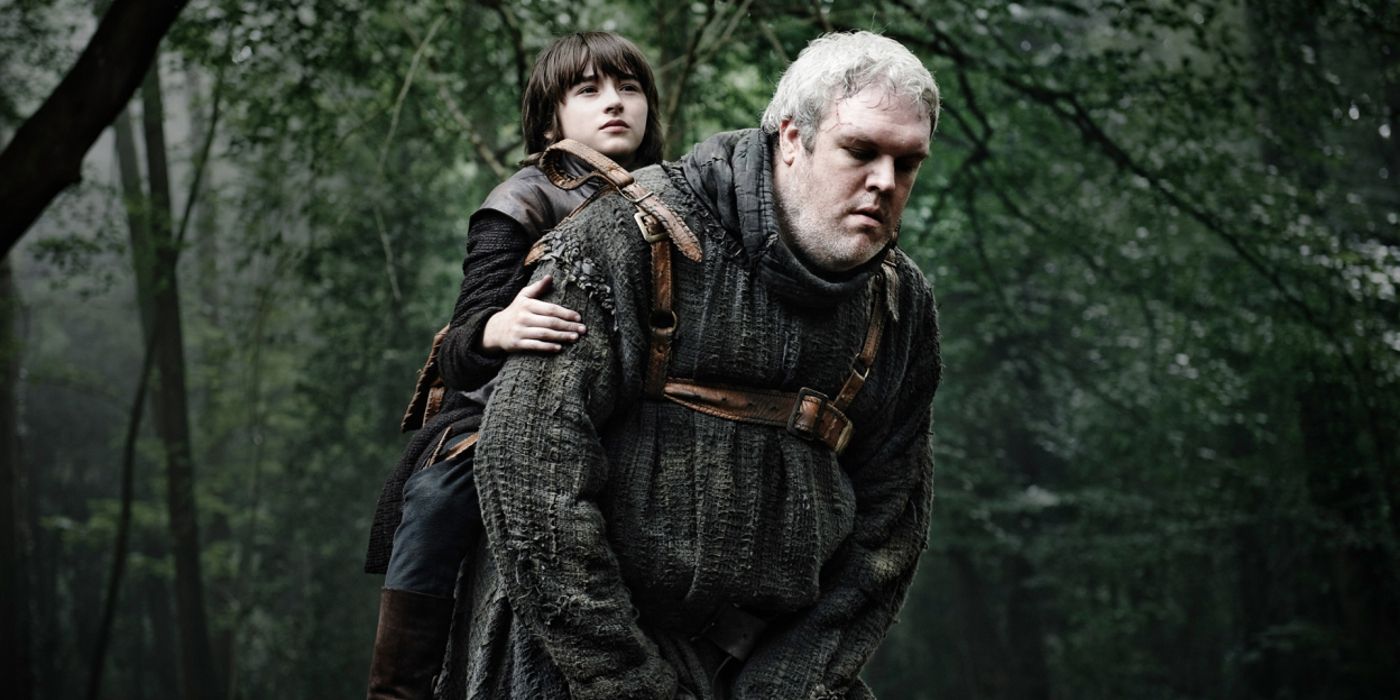
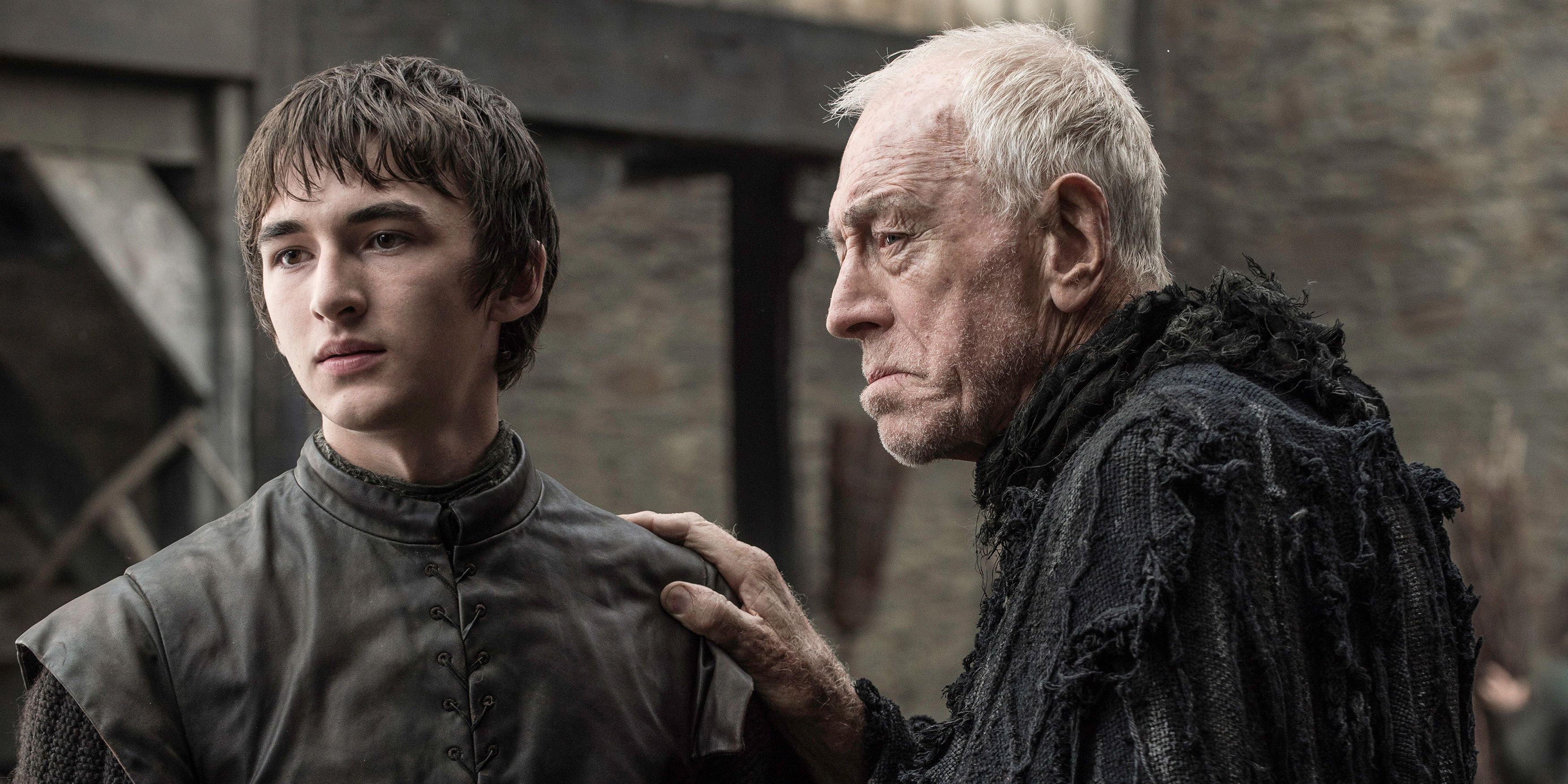





Fans of the ASOIAF books predicted Bran’s monarchy years before the TV series ended due to comparisons between the character and two mythological figures. Brân the Blessed is a figure from Welsh mythology who was the king of Britain in several tales. He’s connected to a magical cauldron that can bring the dead back to life, similar to Bran/the Three-Eyed Raven’s connections to the Night King. Brân is later decapitated, but his head lives on and continues to speak. Though Bran Stark’s fate is much less extreme, readers have drawn similarities.
The word Bran means Crow or Raven in Welsh, so the inspiration is apparent.
The Fisher King is a figure from Arthurian legend who’s been noted for his many similarities to Brân the Blessed. The Fisher King was dealt a deadly wound in his legs that prevented him from fathering heirs, but the Holy Grail saved him from dying. There are different interpretations of these characters throughout history, as is the case with most mythology and folklore, but they seem like clear inspirations for Bran in Game of Thrones. In-world, House Stark’s family tree is also filled with numerous kings named Brandon, which Bran is short for.
King Bran Stark Will Make More Sense In The Books Than Game Of Thrones
ASOIAF Will Lead Up To The Ending In A More Satisfying Way
